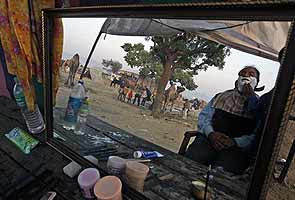>> „Reverse innovation“ Gemacht für Indien, verkauft in Europa << unter dieser Überschrift schreibt Holger Paul (Wirtschaftsredakteur bei FAZ) einen hoch interessanten und lesenwerten Artikel, in dem es auch um frugale Innovationen geht, denn die Schnittmenge zwischen den beiden Konzepten ist zur Zeit ja recht groß. Paul schreibt im Teaser:
“Die Anforderungen an Medizinprodukte sind auf vielen Märkten unterschiedlich. Produkte, die speziell für Schwellenländer produziert werden, finden auch im Westen überraschend viele Abnehmer.” […]
Unsere Forschung zur Entstehung von sog. Leit- bzw. Vorreitermärkten in den Schwellenländern kann diese Entwicklung bestätigen. Lediglich sollte man im Klaren sein, dass es nicht nur um die “Produktion” sondern auch die Entwicklung entsprechender Produkte (also Innovation) geht!
Wir freuen uns daher auch, dass auf unserem Symposium zum Thema “Mastering the Frugal Challenge: Innovating for Global Growth through Affordable Solutions” (am 19.11.2013 in Hamburg) mit GE und Siemens gleich zwei der hier erwähnten Unternehmen mit hochkarätigen Referenten vertreten sind.
Kommentar von: Rajnish Tiwari



